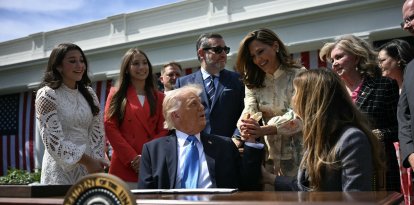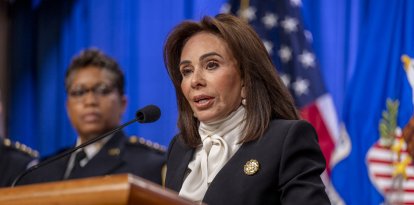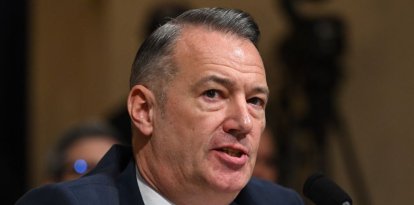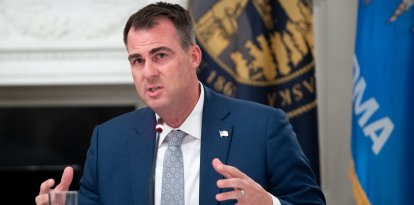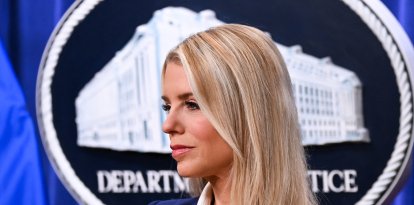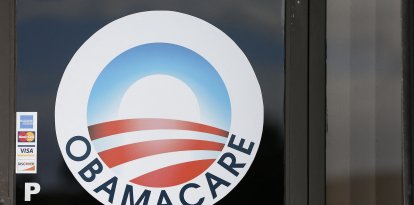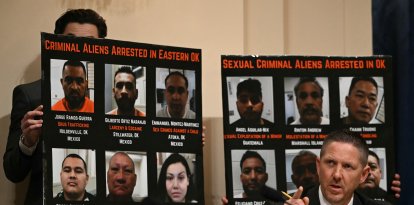Kim Kardashian asks Biden to stop the new genocide against Armenians
The TV star stressed the importance of taking action as soon as possible to prevent more lives from being in danger.

Kim Kardashian / Cordon Press.
The famous socialite, Kim Kardashian, asked Joe Biden to intervene in the humanitarian crisis that Armenians are experiencing in Azerbaijan.
The businesswoman and reality TV star wrote an op-ed for Rolling Stone, together with the Armenian activist, Eric Esrailian, in which both stressed that they are descendants of Armenian Genocide survivors and that they did not want to "talk about the recognition or commemoration of yet another genocide in the future."
Both Kardashian and Esrailian opined that the "collective silence" by governments and organizations such as the United Nations and the European Union, is perpetuating the crisis that Armenians are experiencing, so they asked Biden not to be part of this and help solve the situation.
"As citizens, we are appealing to leaders such as President Biden, Secretary of State [Antony] Blinken, and their colleagues to take a stand immediately," they wrote, according to News.am.
"Every passing day puts more lives in danger," they insisted, stressing the importance of pressuring Azerbaijan to open the only roadway "between the indigenous Christian Armenians of Artsakh (also known as Nagorno-Karabakh) and the rest of the world."
Kardashian and Esrailian explained that the closure of this road is preventing Armenians from reaching food supplies, medicine and other basic necessities, which Azerbaijan is using "as a weapon" to achieve its mission.
"Regional peace should not involve sacrificing the sovereignty of the Armenians in Artsakh, but regardless of what anyone believes about our opinion, it is clear that this ruthless blockade has crossed all red lines of human rights and humanitarian law. Blocking human rights groups, such as the International Committee of the Red Cross (ICRC), and the hateful rhetoric accompanying the blockade are signs of genocidal intent," the text indicates.
Kardashian and Esrailian said that while economic sanctions and other international measures could achieve results, the "process has been too slow and time is running out."
According to the op-ed at the beginning of the crisis, there were approximately 120,000 Armenians, including 30,000 children, living in Artsaj. However, hunger and inability to receive medical care have resulted in "a tragic and significant loss of life."
"The United States has the ability to mobilize a response. Leaders who are effective and help our people will be remembered for their heroism. Even if well-meaning, the ones who are inert and ineffective will be remembered for allowing a genocide to take place under their watch. The choice is theirs," the text concluded.
The blockade
Since Azerbaijan blocked the road in December, the Nagorno-Karabakh territory has been experiencing significant shortages of essential items and even services such as water, electricity and fuel.
In July, the International Committee of the Red Cross reported that its attempts to bring in humanitarian assistance were unsuccessful. "With these convoys blocked, our concern is that the humanitarian situation will further deteriorate. We are most worried about those who cannot help themselves. The sick and people with chronic diseases are particularly at risk, as are the elderly, infirm and children," the ICRC said.













